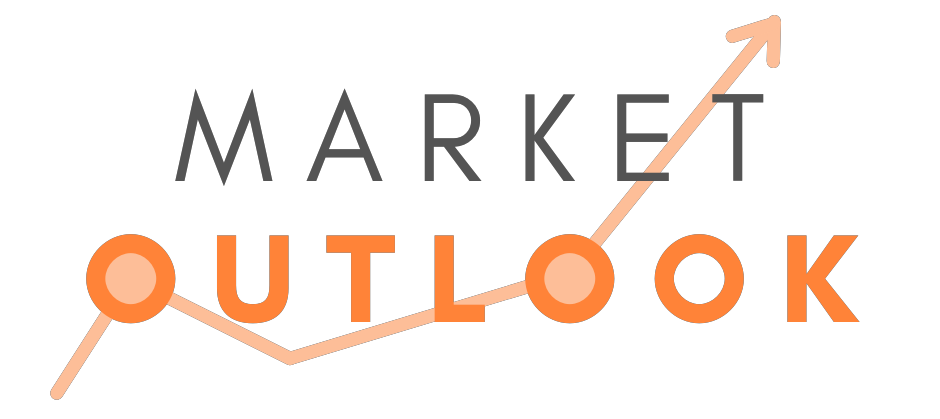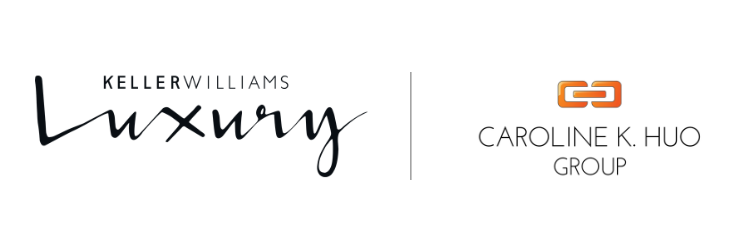Market Connection: April 2024 Market Outlook and Report

What Every Homebuyer Should Know About Closing Costs
Before making the decision to buy a home, it’s important to plan for all the costs you’ll be responsible for. While you’re busy saving for the down payment, don’t forget you’ll want to prep for closing costs too. These funds can come from your down-payment amount. While this is good general information, you should always leverage your lender for more detailed information specific to your finances. Additionally, if you are putting an offer in on a home, your title agent can prepare a closing document that's specific to that property.
What Are Closing Costs?
“Closing costs are the fees and expenses you must pay before becoming the legal owner of a house, condo or townhome... Closing costs vary depending on the purchase price of the home and how it’s being financed”
Simply put, your closing costs are the additional fees and payments you have to make at closing. According to Freddie Mac, while they can vary by location and situation, closing costs typically include:
- Government recording costs (county recording fees, city and country transfer fees)
- Appraisal fees
- Credit report fees
- Lender origination fees
- Title services (documentation, title insurance, notary fees)
- Tax service fees
- Tax Assessments and Special Tax Assessments
- Survey fees
- Attorney fees
- Underwriting Fees
How Much Are Closing Costs?
According to the same Freddie Mac article mentioned above, Nationally closings costs are typically between 2% and 5% of the total purchase price of your home. In the Bay Area, we typically see closings costs of 2-4%. With that in mind, here’s how you can get an idea of what you’ll need to budget. Let’s say you find a home you want to purchase at today’s median price of $384,500. Based on the 2-5% estimate, your closing fees could be between roughly $7,690 and $19,225.
But keep in mind, if you’re in the market for a home above or below this price range, your closing costs will be higher or lower.
But WAIT! The NAR settlement has the potential to be a game-changer for home buyers and sellers, with a possible impact on closing costs. Here are a couple of ways we think that the NAR Settlement might change the norm with closings costs.
- Seller Concessions: Traditionally, sellers often offer concessions to buyers to help cover closing costs. With the settlement allowing sellers to contribute to buyer agent commissions, some sellers might choose to shift those funds towards closing cost concessions instead. This could benefit home buyers by reducing their out-of-pocket expenses at closing.
- Negotiation Leverage: The settlement opens the door for more negotiation around various aspects of the real estate transaction, including commission rates. If buyers are successful in negotiating a lower commission rate with their agent, they might have more room in their budget to cover closing costs themselves.
The world of real estate is dynamic, and the NAR settlement is a big shift with the potential to benefit home buyers, especially when it comes to closing costs. By staying informed about the settlement's impact on commission rates and seller concessions, you can be more proactive in managing your closing cost expenses. Remember, even a small reduction in commission fees can free up valuable funds to help you cover closing costs. So, research closing cost estimates for your area, ask questions about specific fees, and negotiate with confidence throughout the home buying process. With the right knowledge and approach, you can step into your new home feeling empowered and financially prepared.

MY TAKE
Caroline's take on the latest market trends
Knowledge is power! Don't be afraid to ask questions and shop around for the best real estate agent who fits your needs. With a little research and negotiation, you can put yourself in a stronger position to secure your dream home.
Think of the NAR settlement as an opportunity to be more informed and proactive throughout the home buying process. By understanding the different costs involved, like closing costs and potential commission structures, you can make smarter financial decisions. The real estate market can feel overwhelming, but with the right tools and resources, you can navigate it confidently.
Contact us today to discuss your specific situation and develop a personalized strategy to achieve your real estate goals.
Market Report April 2024
Here's the latest February 2024 Market Update showing year-over-year data. The data includes all Single-family homes, condos & Townhomes in the California Area sourced from MLS Listings for the period from January 2023 thru January 2024. This may include preliminary data and may vary from the time this data was gathered. All data is deemed reliable but not guaranteed. Content from this article is courtesy of Keeping Current Matters.
FOR NEWS INQUIRIES
Kyle Henry
Director of Marketing
Kyle.H@CarolineHuo.com
650.727.1308
Share & Stay in the Know











